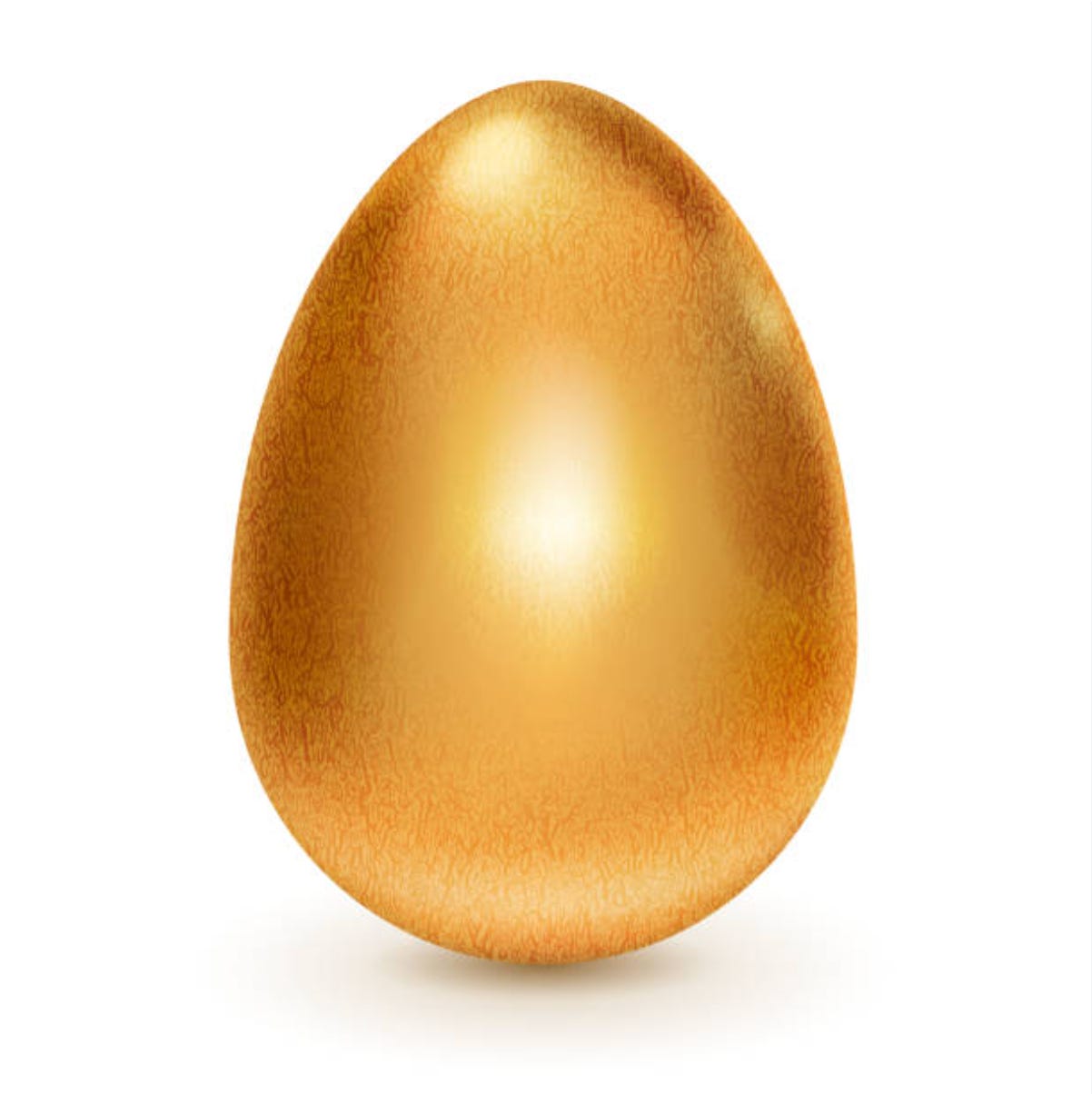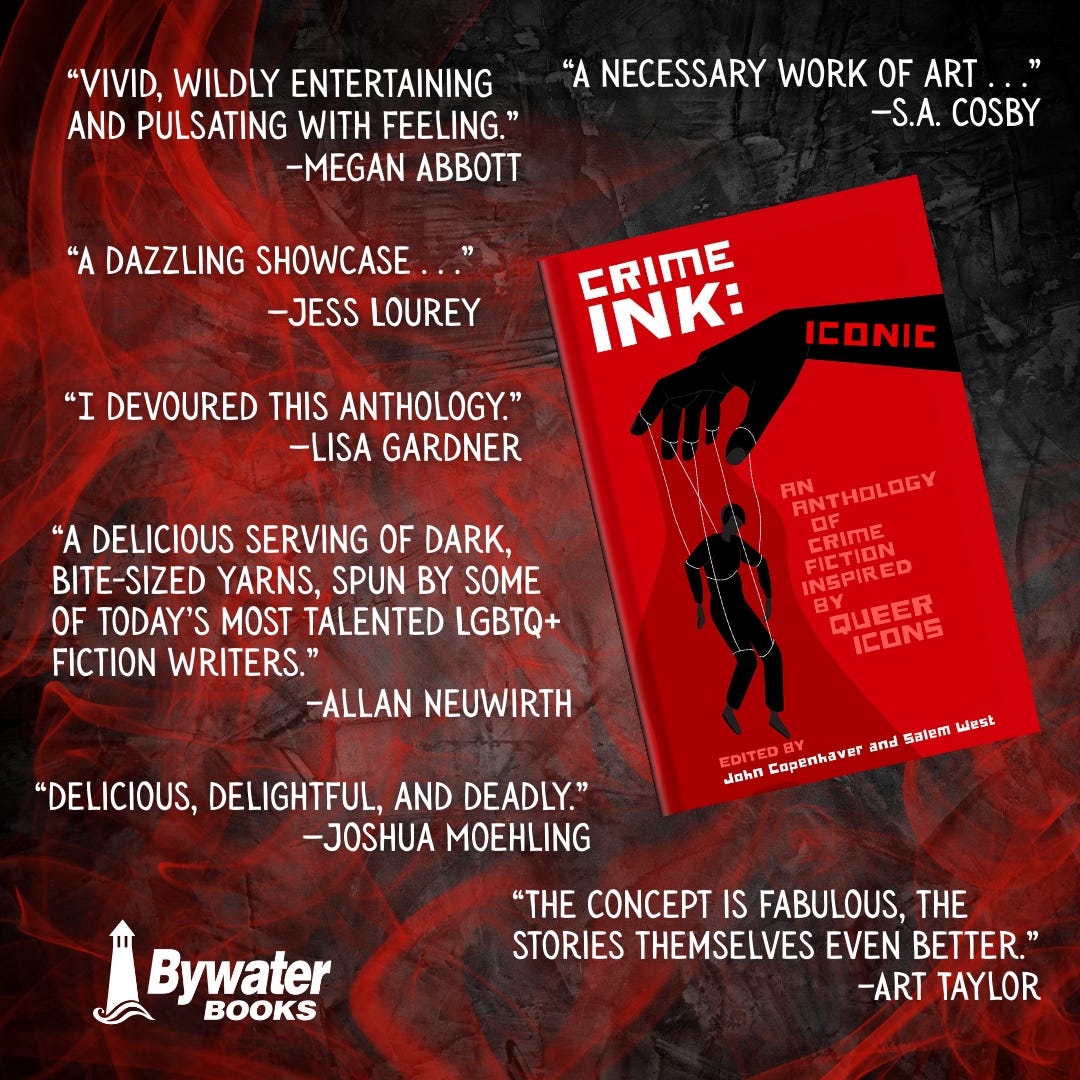On Taking Different Paths to Publishing (Part II)
Jane and Nella’s Journeys
Jane and Nella’s Journeys
If you’re new to this series, this is Part II of “On Taking Different Paths to Publishing.” In Part I, I introduced Jane, Nella, and Ernie—their backgrounds, their writing, and the bond they formed in an MFA program. Here we’ll follow Jane and Nella into the world of publishing.
Chapter 2: The Golden Egg (Jane’s Story)
Jane graduates with a full manuscript, The Golden Egg. Back in New York, she rents a small studio and does her best to tune out her parents’ constant carping. One afternoon, while researching, she stumbles across Jane Friedman’s famous chart mapping the different publishing paths—traditional, indie, hybrid, self-pub.
The Big Five track, with its reach and resources, feels like the right fit. To get there, she knows she’ll need an agent. So she sharpens her query letters and starts sending them out.
She sets up a QueryTracker account. Subscribes to Publishers Weekly. Follows agents on X and Bluesky. Studies Janet Reid’s Query Shark blog, cringing at her withering critiques but learning what works.
She learns query letters are 400–500 words with four parts: hook, mini-synopsis, bio, thank you. She writes one, submits it to Query Shark, gets shredded, and revises again.
She builds a spreadsheet of agents, color-codes their response times, and makes a rule: always have ten queries out. As soon as one comes back, another goes out.
After thirty rejections, ten partials, and five ghostings, she lands an agent—experienced, hungry, newly independent. She revises the manuscript again, then they submit it to crime-fiction imprints at the Big Five: Penguin Random House, Macmillan, Simon & Schuster, Hachette, HarperCollins.
The dream happens: The Golden Egg goes to auction. Jane accepts a “very nice deal” (industry lingo for a high five-figure advance).
The honeymoon is brief. More edits. Months of pre-pub. Promotion becomes her second job:
Crime-fiction conferences like Bouchercon, Thrillerfest, Left Coast Crime.
Professional website design.
Soliciting blurbs from admired authors.
Working with her publisher’s publicist to land articles.
Creating TikToks to build a following.
Foreign rights sell to France and Germany. An audiobook deal comes through. Reviews from Publishers Weekly and Booklist are positive, if not glowing. She pulls a few good blurbs.
The launch is exciting—events online and in person. For a moment, it feels like she’s made it.
But then the numbers come in. Sales stall. She doesn’t earn out her advance. Her publisher is disappointed. Her agent’s energy shifts toward newer clients.
Jane is crushed. She did everything right. What more could she have done? And worse, she realizes something no one told her: advances are essentially zero-interest loans. If you don’t “earn out,” your publisher thinks twice about investing again.
In her head, she hears her parents’ voices: Get a real job.
She emails her friends:
Hey, do you have time to talk? Or maybe a Zoom happy hour? I need some cheering up.
Chapter 3: Sister X (Nella’s Story)
While Jane rides her rollercoaster, Nella goes home to Northern Virginia, back to their full-time graphic design job. Nights and weekends, they chip away at Sister X, their novel about a queer vampire-hunting nun racing to save her brother from becoming a vampire. A metaphor for addiction, for family fractures, for the pull between faith and freedom.
Their partner cheers them on. Their parents support them. Jane and Ernie read early chapters and love it, even though speculative fiction isn’t their usual thing. Still, Nella worries: is this practical? Can they really make a living this way?
They hunger for community. They discover Lambda Literary’s Writers Retreat for Emerging Voices. They apply, get in, raise the money, and spend a week immersed in queer writers and mentors. It’s a revelation. They finish the book.
But they also hear the hard truth: Big Five publishers rarely take risks on experimental queer work. “Too niche,” they say. “Too radical.”
So Nella decides to self-publish. They do their homework, vet freelance editors carefully, contact former clients, and finally hire a developmental editor ($4,000) and a copyeditor/proofreader ($2,000). Because of their design background, they create their own striking cover, saving $750.
They publish on Amazon through Kindle Direct Publishing. Friends and family review it—Jane and Ernie among them. But at first, sales barely move.
Nella notices Jane’s TikToks about writing and decides to try their own, but with a sharper edge: pulling back the curtain on self-publishing, calling out systemic bias, and speaking directly to LGBTQ+ readers. They rail against the industry’s snobbery toward self-publishing, pointing out that BIPOC and queer writers often have no choice but to bypass gatekeepers who dismiss their work as “unsellable.”
Their candor resonates. An audience builds. Sales pick up.
And then the cultural tide turns: George Floyd’s murder, the Black Lives Matter movement, the backlash against queer and trans books. Suddenly, the industry is scrambling for voices like Nella’s.
Jane introduces their work to her agent and other contacts. Offers come in. A Big Five imprint offers a modest advance; a mid-size indie press with a reputation for supporting marginalized writers offers a smaller advance but greater creative investment.
Nella chooses the indie. Sister X is reissued, followed by Dark Prayer and the unwritten third book, Blood Habit. The books garner reviews, bookstore events, and eventually a Lambda nomination.
But the shine wears off. The money isn’t much better than self-publishing. They miss the control they once had—especially over their covers, which were more faithful to the radical spirit of their books. And their agent begins pressuring them to “lean into the market.”
Nella feels deflated. Am I just another cog in the machine?
When Jane’s email pops up about a Zoom happy hour, Nella replies instantly:
It’s about damn time. I miss you.
Next time: Ernie’s long road with short fiction, and the reunion of the three friends.
Crime Ink: IconicThe early praise has been incredible—and it means the world. Here’s why this anthology matters: in 2023, out of 517 stories published in major crime anthologies, fewer than 1% were by LGBTQ+ authors. That silence speaks volumes—and it’s time to change the story.
Crime Ink: Iconic steps into that space. Twenty-five writers, each taking inspiration from queer icons—James Baldwin, Radclyffe Hall, Megan Rapinoe, Oscar Wilde, Candy Darling, and more—spanning the full spectrum of the genre: noir, cozy, psychological thriller, and procedural. With a foreword by Ellen Hart and an afterword by Katherine V. Forrest, it’s both a celebration and a call to action.
Order your copy now and be part of rewriting the narrative.



